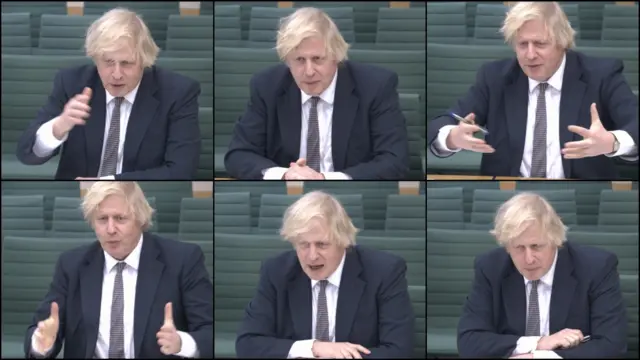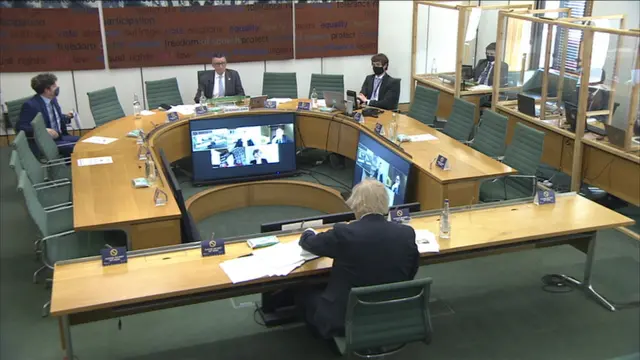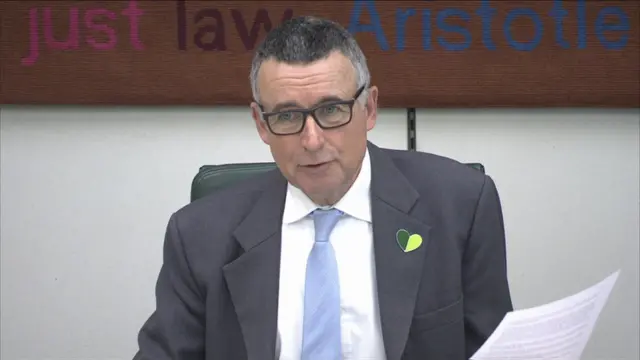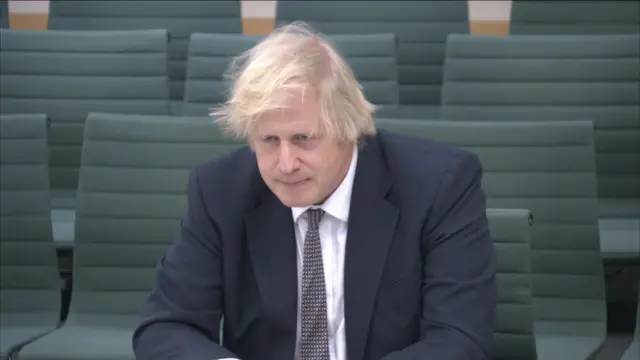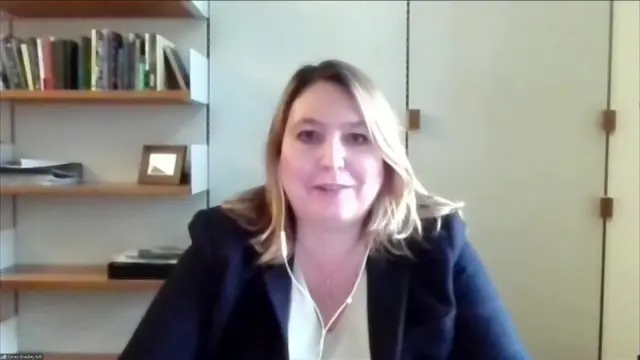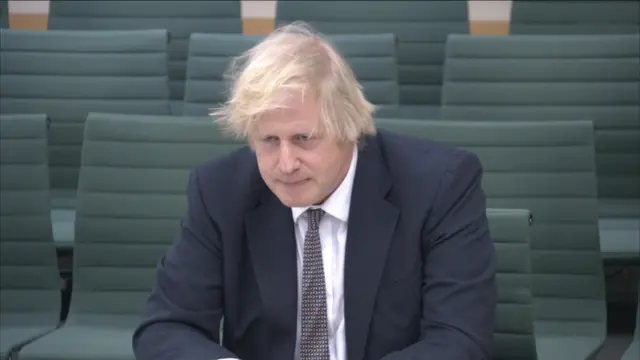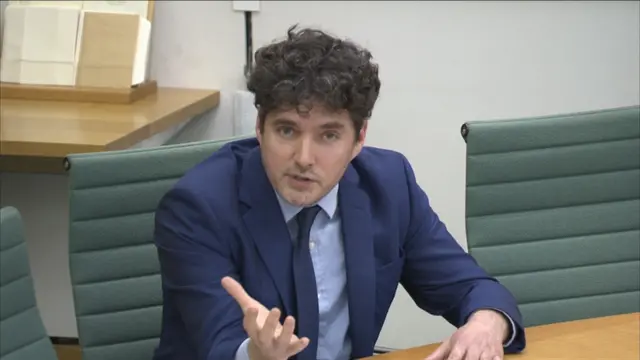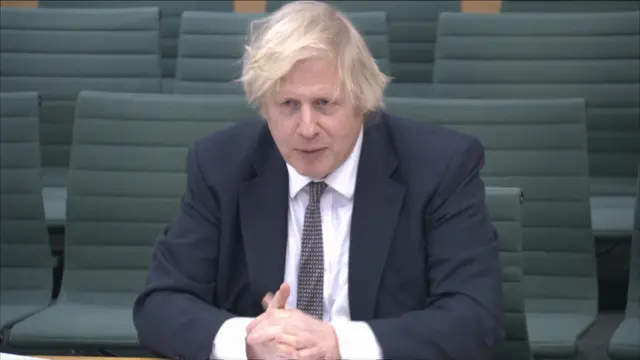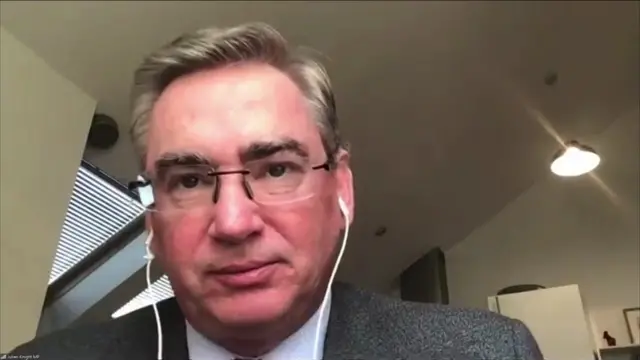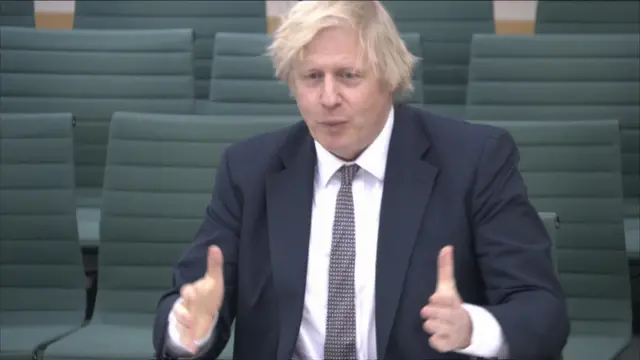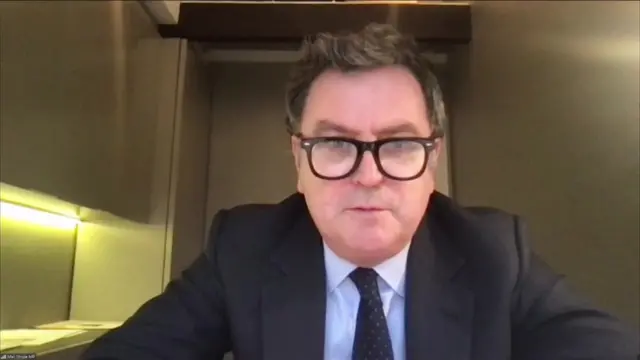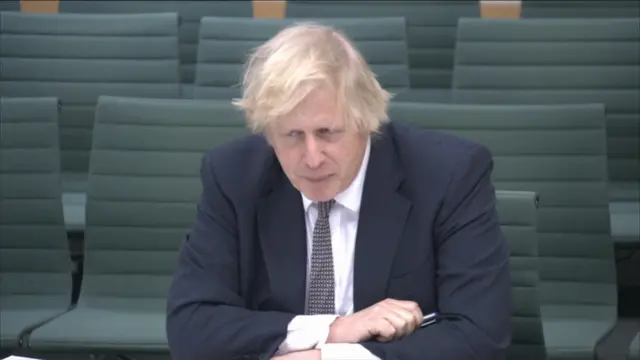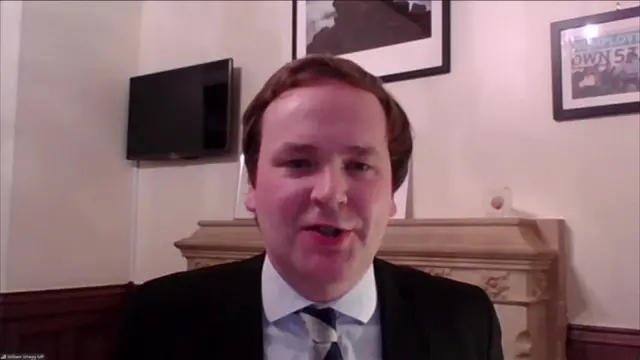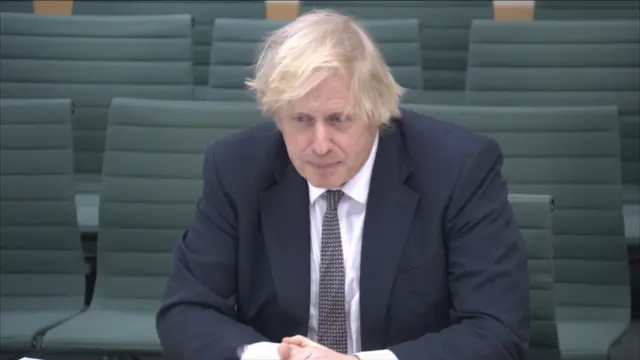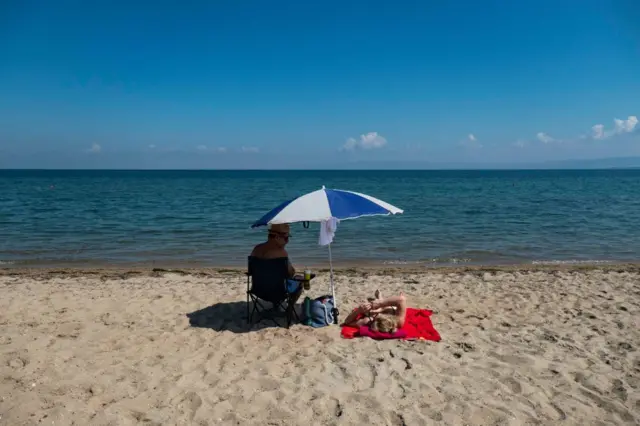That's all from us for todaypublished at 18:10 GMT 24 March 2021
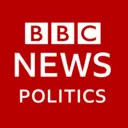 BBC Politics
BBC Politics
 Image source, Getty Images
Image source, Getty ImagesWe'll end our coverage now on today's proceedings in the Commons.
The team on board with you today were Hazel Shearing, Jennifer Scott, Richard Morris, and Sinead Wilson, with Johanna Howitt editing.
Parliament goes in to recess for the Easter break after tomorrow's sitting. So we'll be back with our regular coverage of Prime Minister's Questions on Wednesday 14 April.
Thanks for following along with us.
